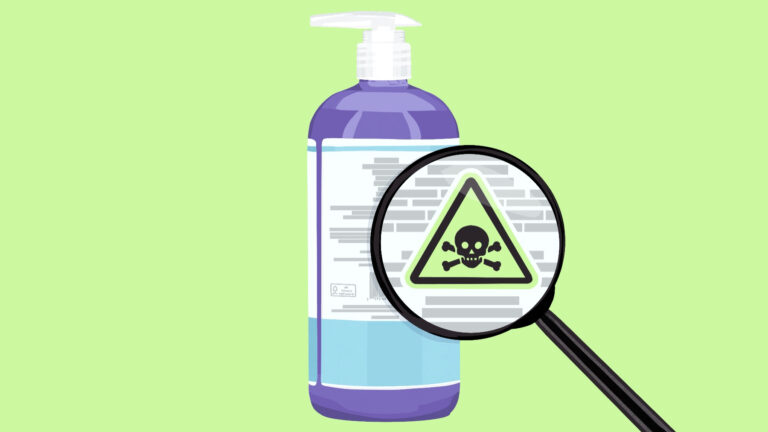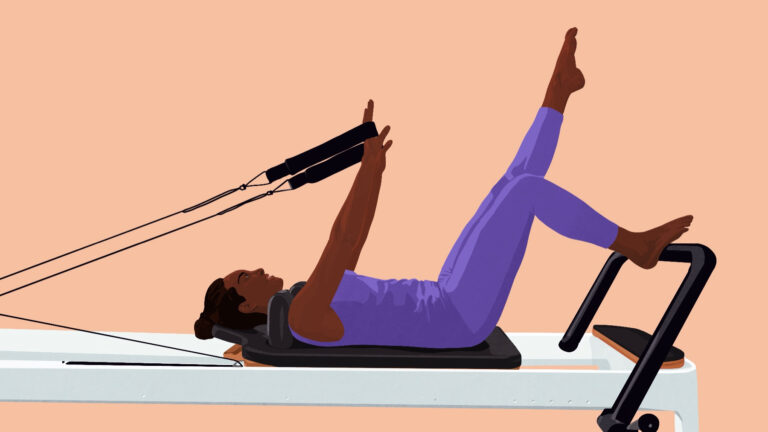A new playbook for health and wellness startups has taken hold.
v1. As we previously outlined in The Wellness Lexicon, an entire category of wellness brands employed a similar strategy:
- Use functional ingredients to sell an aspirational outcome.
- Organize products into shoppable categories like Immunity, Sleep, or Beauty.
- Use a questionnaire to recommend personalized supplement protocols.
v2. Now, wellness upstarts have identified a new strategy: erase cultural stigmas by normalizing highly personal or taboo topics like mental health and sexual wellness.
- Identify an underserved consumer, shift in culture, or niche audience.
- Develop a time-saving, private, vertically integrated distribution channel.
- Evangelize consumers, creating a community-powered flywheel of people “like me”.
How it works: Making consumers feel safe has become the first step in building a disruptive wellness brand. After solving for stigmas, brands follow up by doubling down on content and community centered on a shared experience. From there, it’s all about increasing access — achieved through building trust, personalization, affordability, and convenience.
The big picture: By erasing stigmas and increasing access, the new wellness playbook is empowering people to take care of themselves on their own terms.
Looking closer: we identified seven categories being disrupted—Mental Health, Addiction & Recovery, Aging & Senior Care, Sexual Wellness, Women’s Health, Cannabis & Psychedelics, and Men’s Wellness—as well as the leading concepts tackling challenges and seizing opportunities associated with erasing stigmas.
Read the full report here >> Erasing Stigmas: The New Wellness Playbook
👤 It’s Personal
Audio-guided fitness app Aaptiv raised a new funding round from Insight Partners. The terms of the deal were not disclosed, but the dollar amount isn’t the most significant development here.
By the numbers
- Aaptiv previously raised more than $60M from Amazon, The Walt Disney Company, Warner Music Group, and others.
- The most recent $22M Series C in 2018 valued the company north of $200M.
- Aaptiv has 200K+ paying members who have completed 30M workouts.
For context: Aaptiv CEO Ethan Agarwal previously appeared on the Fitt Insider podcast, where he talked about the key to standing out in a crowded fitness landscape: personalization.
“I think whoever provides the most personalized product is going to win… Spotify didn’t win because they had music. Lots of companies have music. Spotify won because of discovery. Because they recommend new music to you that’s specifically relevant to you. No one is building anything like that in the fitness space except for us.”
Why it matters: Content has become a commodity. There’s no barrier to entry for health and fitness apps creating generalized workout or nutrition (or meditation) content — consider the 250,000+ fitness and health apps in the App Store as proof.
And, as the growing list of hardware-plus-subscription companies suggests, the hardware isn’t all that defensible either.
It’s no wonder, then, why Tonal CEO Aly Orady, WHOOP CEO Will Ahmed, and Future CEO Rishi Mandal each emphasized the importance of personalization when speaking with host Joe Vennare on the Fitt Insider podcast.
Similarly, during their appearances, investors Dan Gluck of PowerPlant Ventures and Amanda Eilian of _able partners identified personalization as a trend they’re tracking.
The bottom line: Personalization is set to dominate the conversation around workouts, nutrition, and health more broadly. It’s also a point of differentiation with significant room to innovate for ambitious startups and investors hoping to define the future of fitness and wellness.
❓ Yea or Nay
President Donald Trump called for the reopening of America’s gyms as part of the federal government’s three-phase plan to reopen the economy.
Like all businesses affected by mandated shutdowns, the fitness industry is reeling from the fallout.
- 24 Hour Fitness is weighing bankruptcy.
- Gold’s Gym is permanently closing 30 corporate-owned locations.
- Town Sports International and LA Fitness are being sued for charging members despite closures.
- Boutique studios, including [solidcore], Y7 Studio, and SoulCycle, have cut pay or furloughed staff.
The question remains: Is it safe to reopen? For their part, Life Time CEO Bahram Akradi and Stephen Ross, founder and chairman of the Related Companies (the parent company of Equinox and SoulCycle) and a now-infamous Trump fundraiser, are in favor. Both Akradi and Ross are on the president’s economic revitalization task force.
But some health experts are lining up in opposition. As Lawrence Gostin, the director of the O’Neill Institute for National and Global Health Law at Georgetown University, put it:
“Gyms are like a petri dish.”
For now, it appears as though the decision will ultimately be placed in the hands of individuals, who are free to attend if classes are on, and gym owners, whose staff will be tasked with sanitizing equipment and enforcing social distancing practices.
📰 News & Notes
- It’s time to build.
- The 4Cs of a modern brand.
- Lupini bean-powered protein bars.
- Personal training in a post-COVID world.
- Vices overtake fitness during the quarantine.
- Robots sanitize hospitals and grocery stores. Are gyms next?
- Barry’s offers 35-minute at-home workouts for $20/each or $225/month.
💰 Money Moves
- Audio-guided workout app Aaptiv raised new funding from Insight Partners. Terms were not disclosed. More from Fitt Insider: Our interview with Aaptiv’s CEO Ethan Agarwal
- The Coconut Collaborative, a plant-based yogurt company, rebranded as The Collaborative after raising a $7M investment from PowerPlant Ventures. More from Fitt Insider: Our interview with Dan Gluck of PowerPlant Ventures
- YFood, a Munich-based maker of complete-nutrition drinks, drink powders, and snack bars, has raised $16M in a round led by Felix Capital. More from Fitt Insider: Meal Replacements and the End of Food
- Yes Health, a personalized weight loss and nutrition platform, raised $6M from Khosla Ventures.
- Curie, makers of clean, safe, and effective personal care products, and MyWellbeing, a platform that matches clients with therapists, both raised funding from Indie.vc.
- FORM, makers of AR-enhanced swim goggles that track pace, distance, and stroke rate, closed $8.5M in Series A funding.
- Gousto, a UK-based meal-kit service, closed a $41M Series G funding round.
- Medopad, makers of software for monitoring patients remotely via digital biomarkers, acquired two AI startups, BioBeats and Tarilian Laser Technologies, and rebranded as Huma to expand the scope of its business.
- The Gym Group, a UK-based budget gym operator, raised £40M through a share issue to help it weather the effects of coronavirus-related shutdowns. More from Fitt Insider: COVID-19 Changed Fitness Forever
- Hargol FoodTech, an Israel-based producer of alternative protein made from grasshoppers, raised $3M in funding. More from Fitt Insider: Will bugs replace meat?
- Nordic FoodTech VC, a new early-stage venture fund investing in the future of food, launched with $26.7M in capital to deploy.






